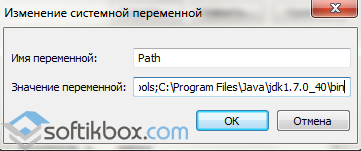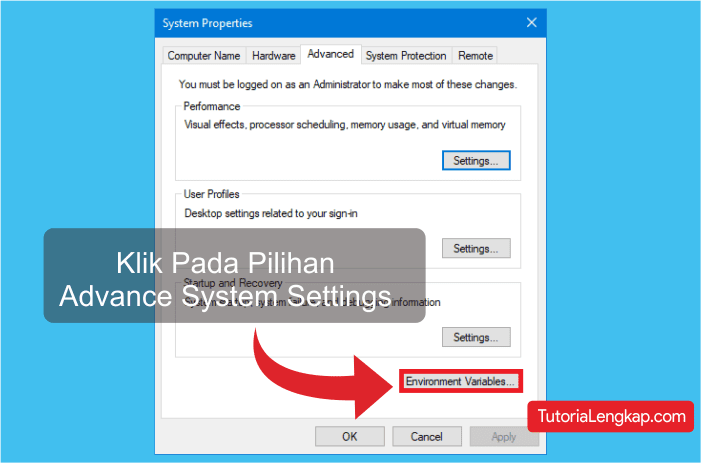

:DĬheck other SDKMAN Usages from SDKMAN Site. You can compile your project in JDK 8 in this shell, your default version is not changed. Go to the project directory and then open a terminal and enter: $ sdk use java 8u152 Now your default java version is JDK 7 and you are working on a project which is configured in JDK 8, and you need to compile the project JDK 8. To see the current version $ sdk current java Java HotSpot(TM) 64-Bit Server VM (build 24.80-b11, mixed mode)īash: /home/rimonmostafiz/.sdkman/candidates/java/current: Is a directory Java(TM) SE Runtime Environment (build 1.7.0_80-b15) Make a given version the default: $ sdk default java 7u45
#JAVA SE DEVELOPMENT KIT 8U151 VS 8U152 INSTALL#
If you want to choose the version $ sdk install java 8u151-oracle
#JAVA SE DEVELOPMENT KIT 8U151 VS 8U152 DOWNLOAD#
If you don’t to want this download and linking hassle, The following command will install a latest stable version of java $ sdk install java There is another way to do it, which I follow, After extract the folder I copy the folder to ~/.sdkman/candidates/java/ Actually, its linked to your JDK folder, if you delete this folder, then the link will be broken, so you have to keep it there(in my case in my download folder). It will install JDK 8 as a local version on the system. # for you, oviously you need to specify your jdk folder loacaion > Linking java 8u152 to /home/rimonmostafiz/Downloads/jdk1.8.0_152

Then extract the folder and then run following command: $ sdk install java 8u152 /home/rimonmostafiz/Downloads/jdk1.8.0_152 Now I want to install JDK 8 in my system, so first I need to downloaded Java SE Development Kit 8u152(you can choose any other version you like) from Oracle JDK Download Page. Now in your terminal, a list will appear which will show available, local, installed and current versions of the SDK =Īs you can see in my system JDK 7, and JDK 9 is installed, among them I installed JDK 7 using local version.

So SDKMAN is installed on your system, now what? Now run the following command to verify that your installation succeeded: $ sdk version Next enter: $ source "$HOME/.sdkman/bin/sdkman-init.sh" Installing SDKMAN is quite easy. Simply open a new terminal and enter: $ curl -s "" | bashįollow the instructions on-screen to complete the installation. Using SDKMAN you can manage this very easily. Obviously, you can use update-alternatives to manage multiple JDK libraries on the same system to select which one you want to use as the main one.ĭid you ever tried the update-alternatives and then java -version was correct, but the link in $JAVA_HOME and javac -version was still wrong… and you changed that one manually? If you are a developer then its very common that you work on multiple projects which use different JDK version.


 0 kommentar(er)
0 kommentar(er)
